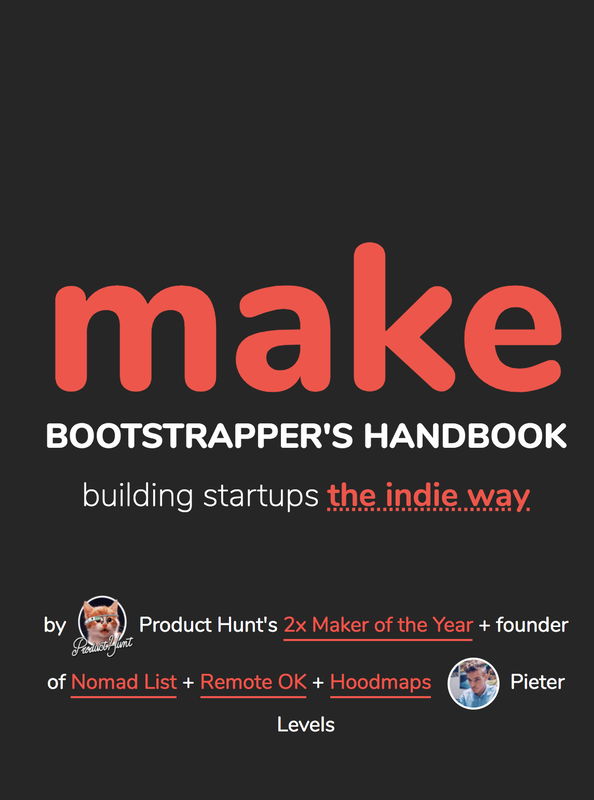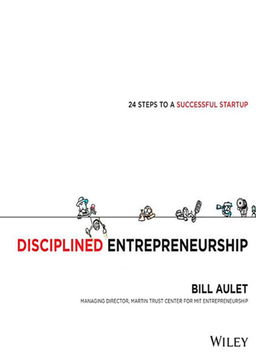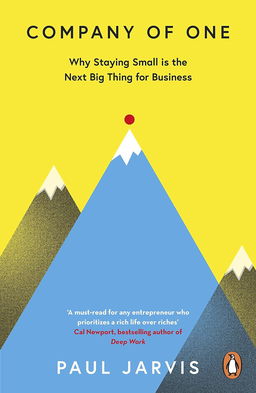- 💡 Idea: Get an idea from problems in your own life. If you don't have problems that are original enough, become a more original person. Don't build products that are solutions in search of a problem.
- 🛠 Build: Build your idea with the tools you already know. Don't spend a year learning some language you'll never use. Don't outsource building to other people, that's a competitive disadvantage. Build only the core functionality. The rest comes later.
- 🚀 Launch: Launch early and multiple times. Launch to famous startups websites (like Product Hunt, Hacker News, The Next Web), mainstream websites (like Reddit) and mainstream press (like Forbes). But more importantly, find where your specific audience hangs out on the internet (or in real life) and launch there. Launch in a friendly way, that means "here's something I made that might be useful for you", instead of acting like you're some big giant new startup coming to change the world.
- 🌱 Grow: Grow organically. A great product that people really need which is better than the rest will pull people in. You don't need ads for that. Don't hire people if there's no revenue yet. Don't hire many people if there's revenue either. Stay lean and fast. Do things yourself.
- 💰 Monetize: Monetize by asking users for money. Don't sell their data. Don't put ads everywhere. Don't dilute your product. Be honest that you need money to build the product they love and they'll be fine paying for it.
- 🤖 Automate: Automate by writing programs that do stuff that you do repeatedly. Only automate if it's worth the time saved. For stuff that's too hard to automate or not worth it, hire contractors. Let them work as autonomously as possible. Where possible let robots manage them (for example by giving them alerts when things happen in your product). This lets you take time off, or work on your next business.
- 🚪 Exit: Exit by not putting your company for sale, but letting buyers come to you. Filter out the majority of buyers that aren't serious. With the serious buyers left, negotiate a price by valuating your own company. Price it agressively high. Always keep the bargaining power on your side of the table. Get paid in cash, not stock and don't fall for the trap of earnout bonuses. Make sure you're prepared for the emotional fallout of selling (and missing) your business.




